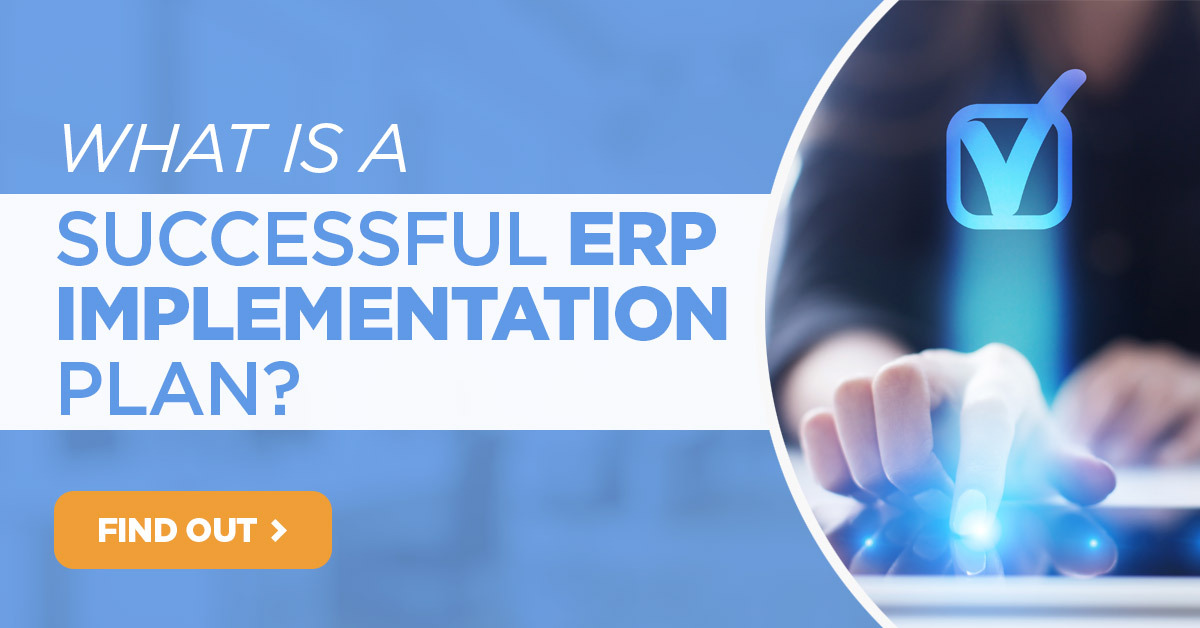
When we think of healthcare, the first thing that comes to mind is our doctor’s office. Or we probably also think of the hospitals and clinics in our city. There's often more to this industry than just the physicians and nurses, and they can definitely benefit from NetSuite ERP.
There is support staff that handles accounting, HR and payroll, and other important activities that take place behind the scenes. Streamlining these activities so the industry can stay on track is why NetSuite ERP offers several benefits for healthcare.
Request More Info From an Expert
A Look Inside the Healthcare Industry

Healthcare is probably the most regulated industry in the world. Its authorities work under the pressure of maintaining rules and regulations that support people’s lives.
They’re keeping up with the constantly changing landscape of governments, environments and lifestyles. On top of logging important information on patients’ personal records, NetSuite ERP supports the back-office activities that are needed to continue servicing these patients.
NetSuite ERP Keeps Up With the Healthcare Industry
Like with any business, NetSuite can grow alongside this ever-changing industry.
To adapt to constant changes and demands that they have to meet, those healthcare organisations need an ERP that will move quickly with them. That is, an ERP software with a simple implementation process and a reliable implementation partner to guide them along.
5 Key Phases of a Successful NetSuite ERP Implementation Guide For Your Business
5 NetSuite Product Features for the Healthcare Supply Industry
While it depends on what sector or region a healthcare organization runs in, there are some NetSuite product features that can optimize and streamline their core activities.
Typically, healthcare supply organizations run within a B2B space as they support clinics and providers requiring proper medical devices and supplies.
For starters, inventory management, order management and supply chain management are vital across different functions of healthcare supply and, in some ways, are connected. Let’s take a look:
![]()
1. NetSuite Inventory Management
A healthcare supplier, for example, will be interested in an inventory management system. This lets them track inventory to avoid running out of it, and ensure they have enough to meet their deliveries.
What’s more is, thanks to a NetSuite software integration, they can rest easy knowing that wherever they’re operating, they are following local and international standards.
Healthcare Industry suppliers are encouraging more collaboration among their sales and fulfillment teams, which speeds up the procurement process. They’re communicating orders as they come in and getting them sent out in a timely manner.
![]()
2. NetSuite Order Management
It’s pretty straightforward. We’re speeding up the order-to-cash process, which means there’s less inventory to hold. The main benefit here comes from how we’re connecting sales and order fulfillment teams to pricing and order management.
And again, we’re meeting the end goal, which is to deliver healthcare supplies to physicians and providers in a timely manner.
![]()
3. NetSuite Supply Chain Management
Staying on top of the remaining or idle inventory lets a supplier better understand their industry’s needs and demands. In any industry, an essential part of any organization is the management of their supply chain.
Again, all of this information is available to the healthcare supply workforce in real-time. So, they can react as fast as the changes that are happening around them.
![]()
4. NetSuite for Accounting and Financial Management
With built-in accounting software, NetSuite ERP platform gives real-time updates that make financial planning and management simple. In a busy environment where supplies are often needed quickly, this is a must.
The accounting feature lets healthcare members who handle such tasks as purchasing tools and equipment do so efficiently. They can work more collaboratively with their suppliers as well as other members of their organization. In some cases, this is vital in coordinating private medical expenses that might be incurred.
Moreover, as with other aspects of the healthcare industry, finance is an element that is highly regulated and often scrutinized. So, by having a clear process in place within a reliable platform you can be sure there are no oversights that could be costly later on.
![]()
5. NetSuite CRM
At first, a CRM may seem like a less than useful NetSuite feature for the healthcare supply industry. Nonetheless, it’s important to note that it could prove to be very helpful in streamlining certain processes. These include maintaining customer information and the various communications exchanged with them.
These days, everyone’s using electronic methods of communication, which includes placing orders and tracking shipments that are going out and coming in.
In a supplier setting, the CRM would also prove to be a vital part of how sales reps communicate with their leads and prospects. They can follow their journey through to when they place an order. This would streamline the buying process, ensuring organizations get the health and medical devices they need to better serve their patients.
This also helps to maintain existing relationships suppliers already have with their customers so they can keep up with their evolving needs. A CRM essentially helps them better serve customers, both existing and new.
Learn more about GURUS healthcare solutions and how we are the ideal NetSuite ERP implementation partner for your project.
